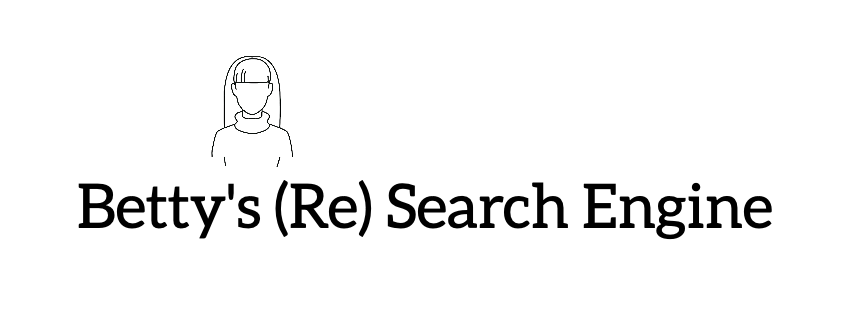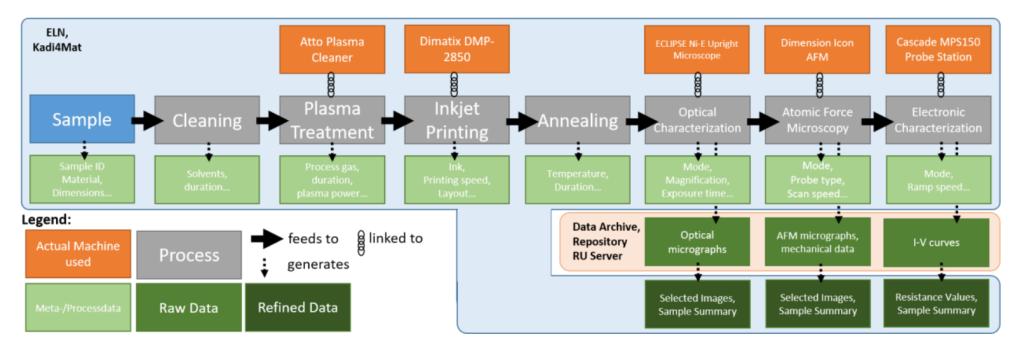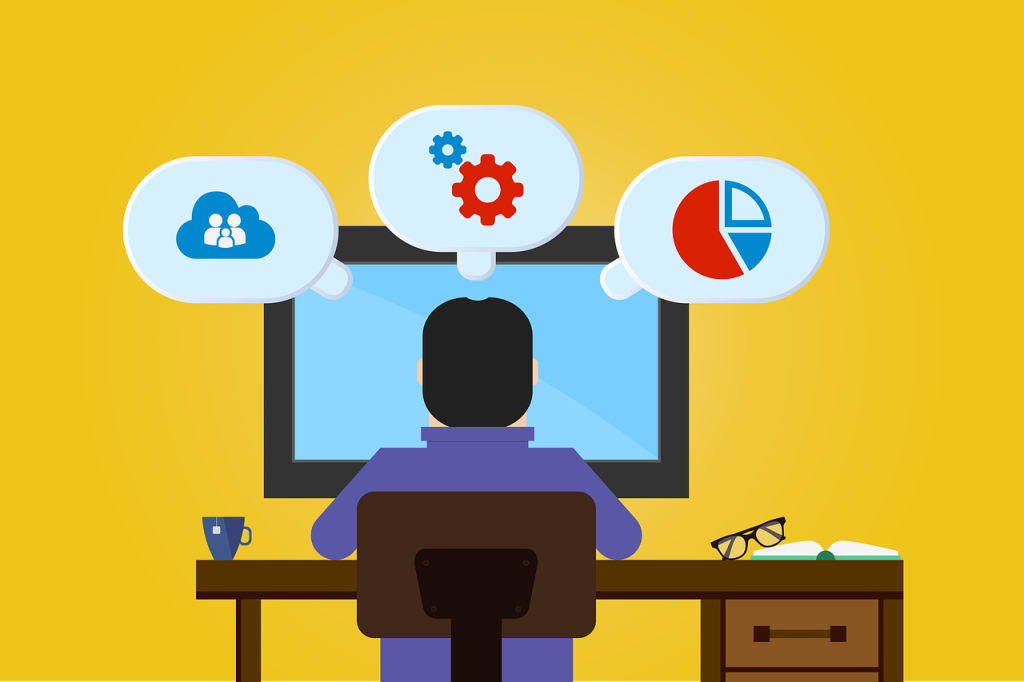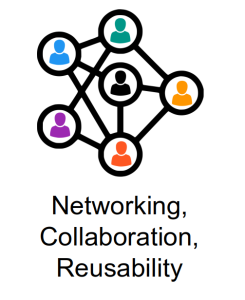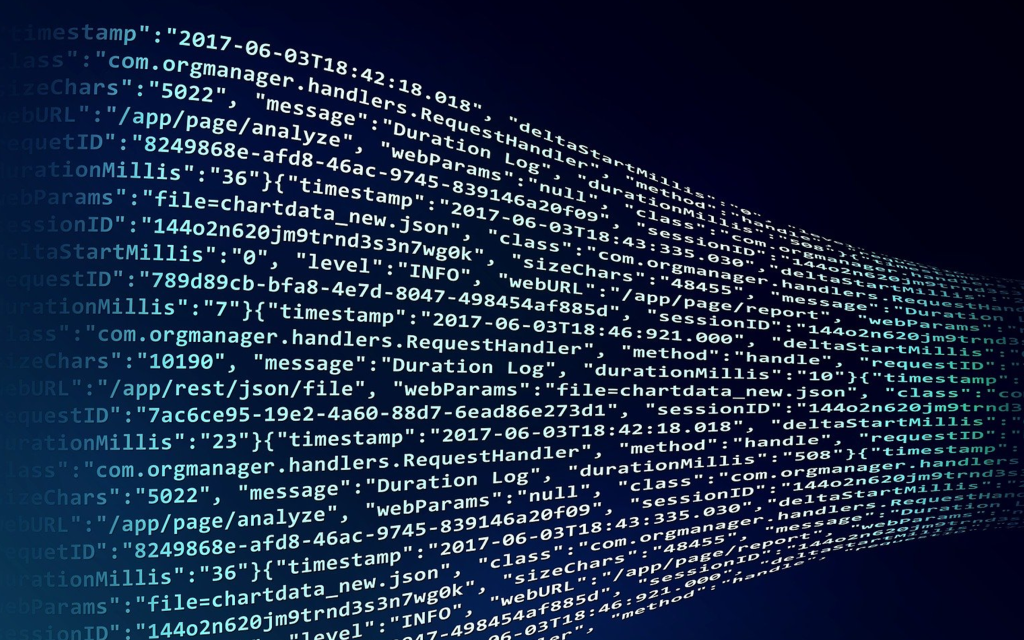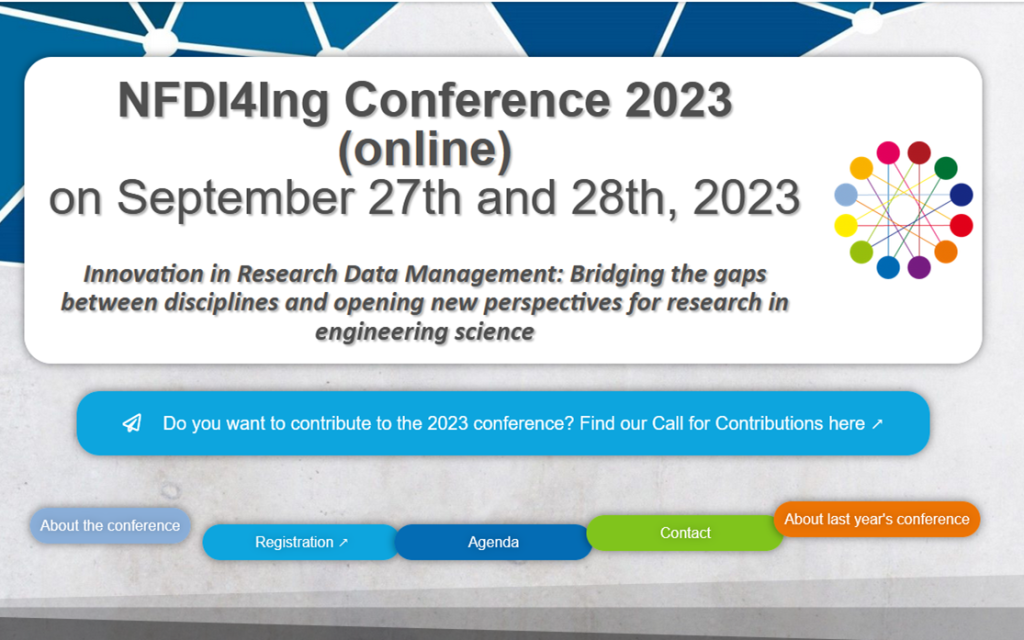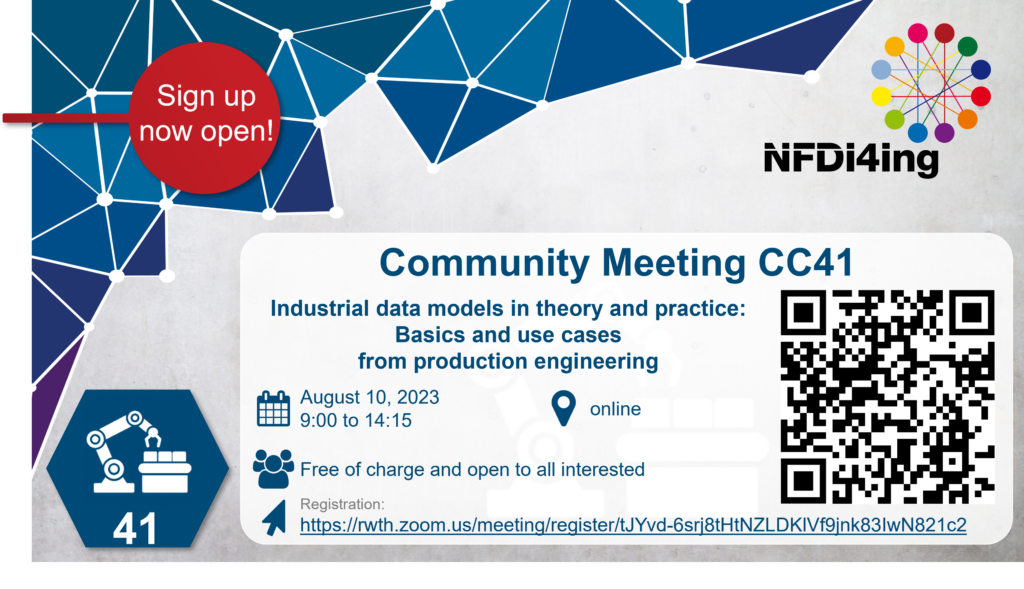
Are you interested in data models and their industrial applications? Join the NFDI4Ing Community Meeting on August 10th!
This year’s meeting of the mechanical and industrial engineering community (CC-41) focuses on the application of data models. Guests from the field of production engineering
